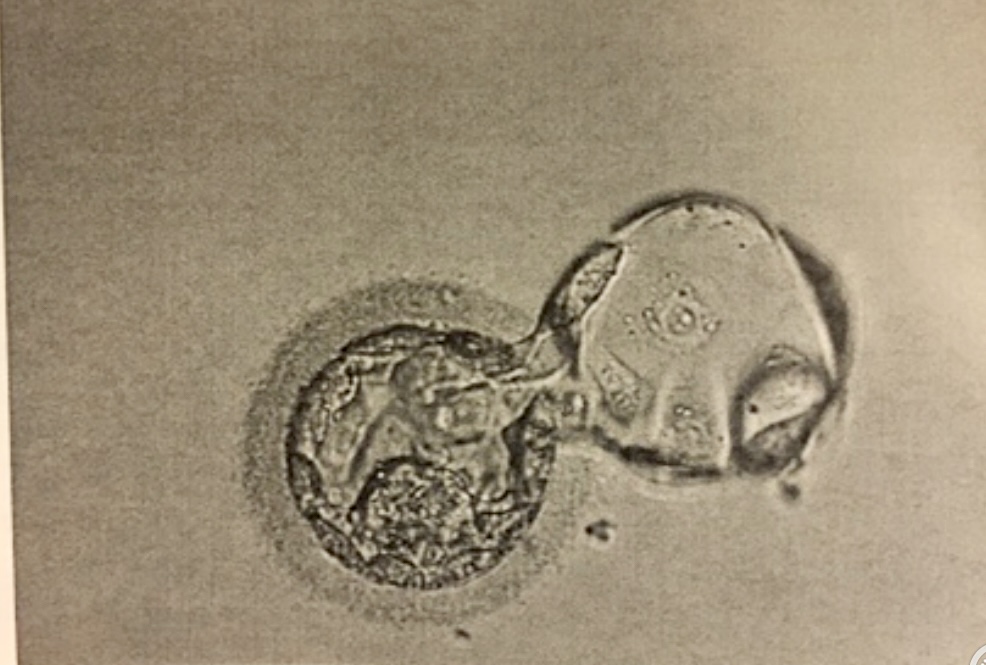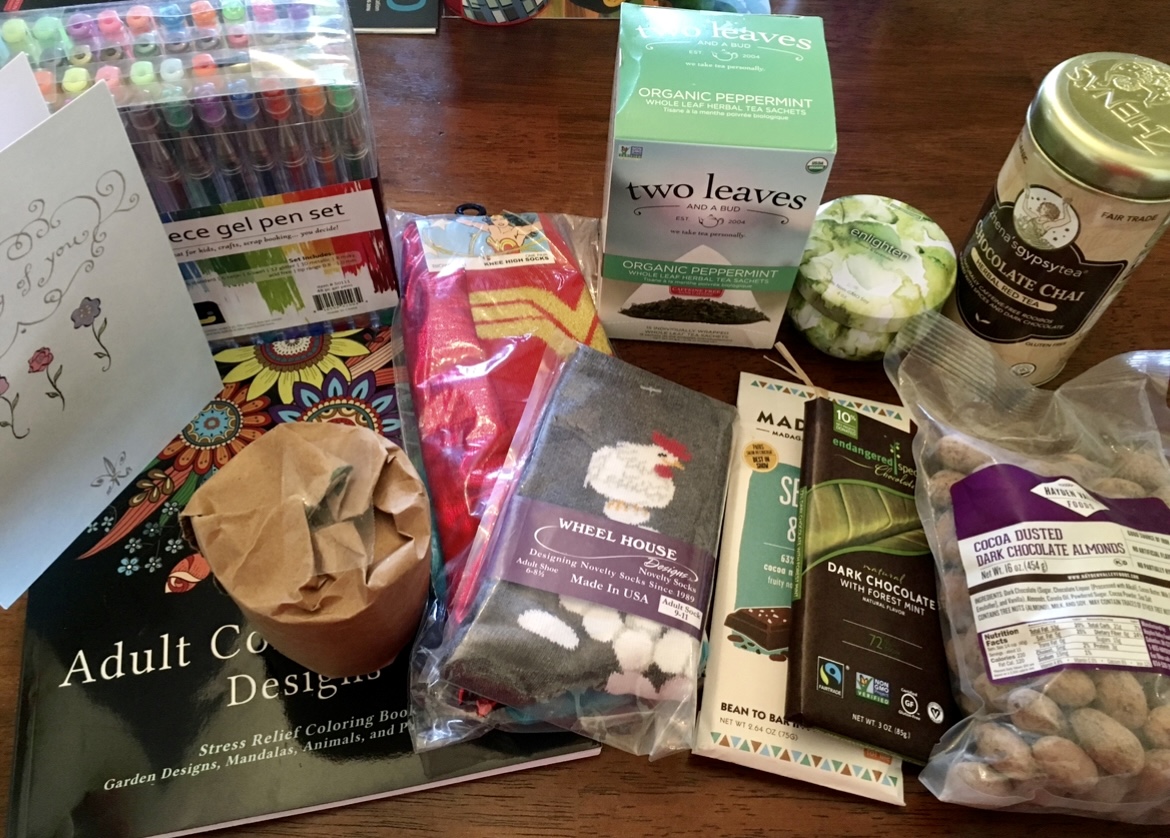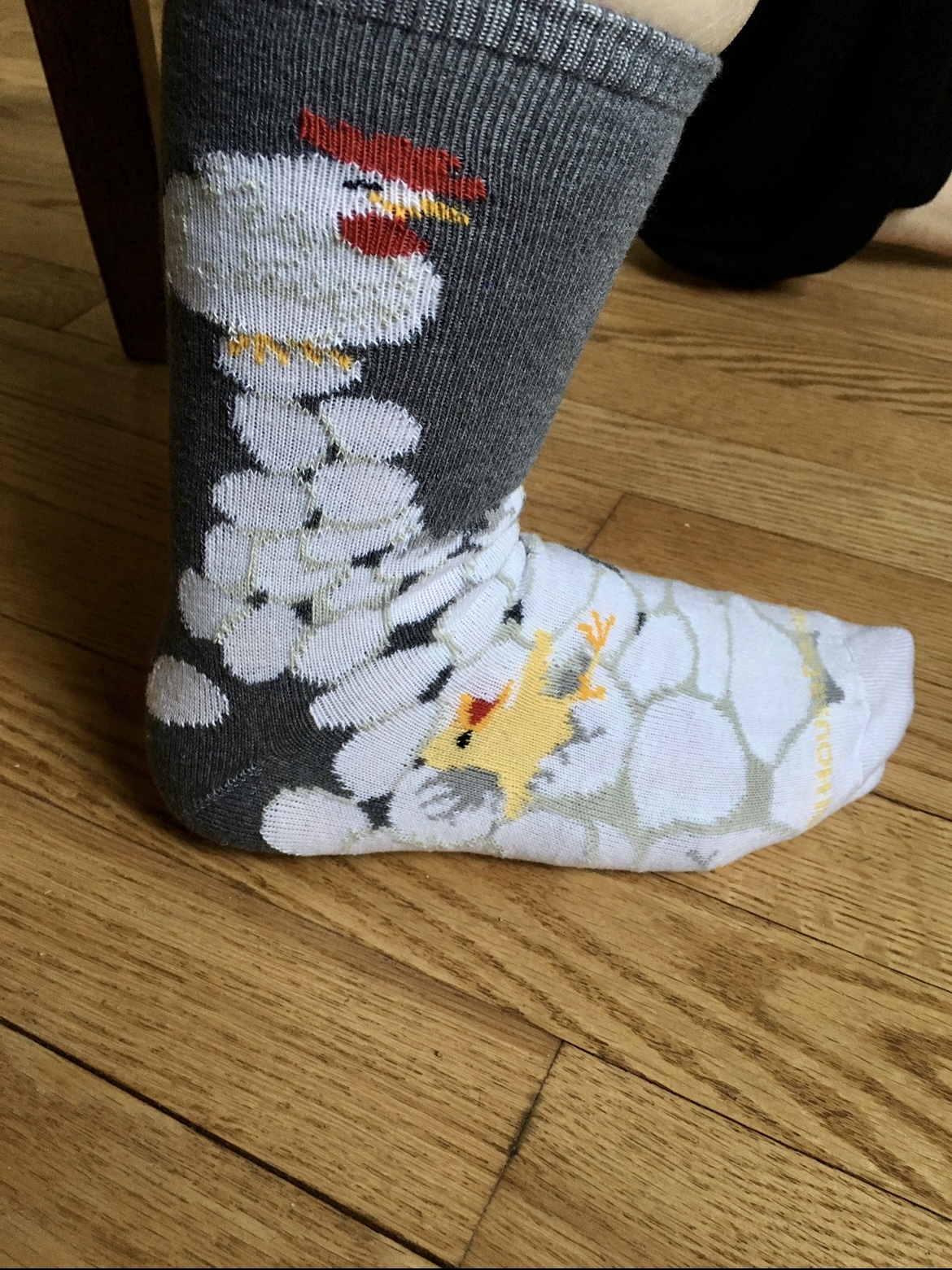We were surprised I got pregnant so quickly with our first child since I had shared with my husband that I was told as a young teen that I might not be able to have children due to my PCOS (Polycystic Ovarian Syndrome). We celebrated our first pregnancy on our first wedding anniversary. It was perfect.
Our son started asking for a baby sister when he was two. We were unsuccessful after six months of trying, which is the required time before insurance approves fertility treatments, and we decided to see a specialist. The specialist was convinced we would be successful with an IUI. After nine failed cycles and over a year of heartbreak, we decided to switch specialists and proceed with IVF.
Infertility is stressful, which is counterintuitive. I read all the books about what diet I needed to follow, the vitamins and supplements I should take, and combed through every piece of research I could find, all on top of a demanding job. Doctors emphasized the importance of reducing all stress during fertility treatments. Yet, as a working mom trying to prove that school administrators can also have a young family, I realize now I was primarily worried about how I would be perceived at work.
Fortunately, we worked with the top infertility specialist in the tri-state area, which required traveling an hour to work after appointments, but also answered our prayers after 2.5 years. The preparation for a cycle and treatments within one cycle is intense.
I joined an IVF support group which then turned into a birth month group on Facebook; it was the best part of the experience.
I’m friends with many of them on social media, and we’re able to celebrate the milestones together.
This group was beneficial because, as with many aspects of motherhood, I was afraid to talk about my secondary infertility with anyone for fear of the judgemental comments I’d receive. I’d been told, “Just relax, it’ll happen,” “You have a healthy child, be grateful,” “You don’t have time for that,” “If you lose weight, you’ll get pregnant,” and other unsolicited advice.
Sharing my experience with the women in the IVF group reassured me that what I experienced was common. When I injected myself with hormones daily, I easily felt out of control emotionally; these ladies understood the drastic mood swings, fears, and other adverse side effects.
When I think I’m the only mom going through something, I learn through conversation that I’m not alone, and it’s a common experience.
The self-care products above are from my IVF birth month group buddy. The socks below were my “good luck” socks for my retrieval day from my buddy, as well.
I encourage you to share your experience with other women. I was surprised that many women I knew had gone through similar experiences. We shouldn’t be ashamed; we should support one another.




























I agree with you 100%. I am so open about my fertility treatments and so supportive of those that choose to go that route. It is no easy road.
We never ended up getting pregnant, but we have 2 beautiful children through open adoption.